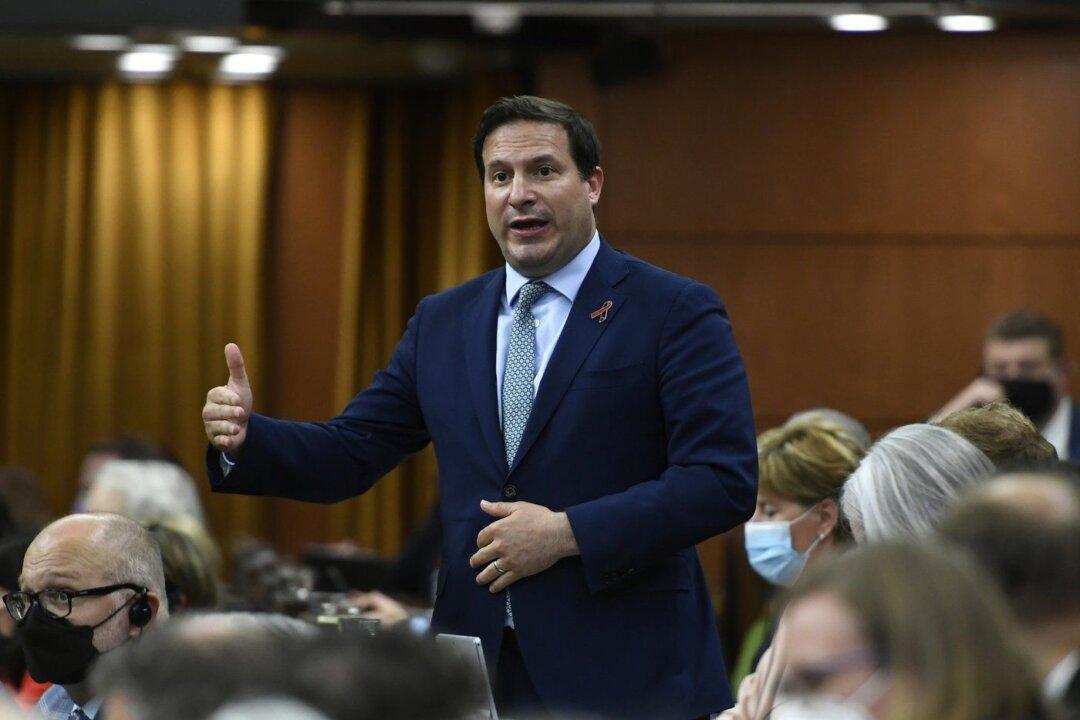The federal government is preparing to consult the public on the possible creation of a foreign agent registry as a means of preventing outside interference in Canadian affairs, Public Safety Minister Marco Mendicino says.
The Liberals want to hear from experts and the broader public—including members of affected communities—on whether it should follow the lead of key allies including the United States and Australia in establishing a registry.





